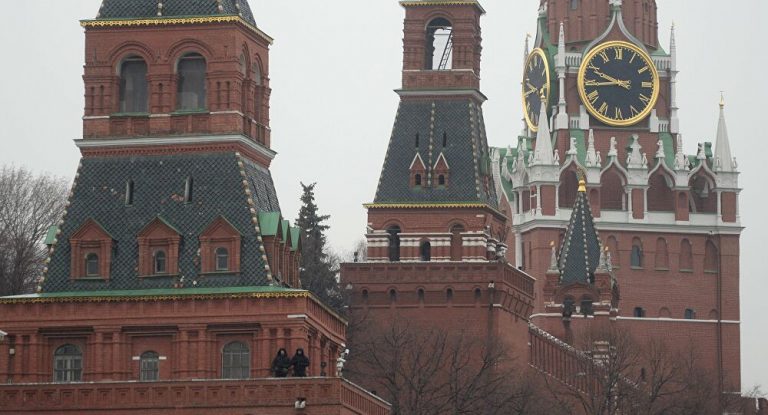Hard lines dividing Russian intelligence agencies may signal Vladimir Putin’s slackening in the Kremlin. Despite he currently keeps Russia’s government well in hand, certain pressure groups representing the special agencies are likely to have grounds to bring into question the governmental stability in the country.
Competition between the agencies such as the GRU (Russia’s Military Intelligence Agency) and the FSB (Federal Security Service of Russia) has reached a point when it threatens Russia’s national security. These intelligence agencies are involved in publicity campaigns to discredit each other’s work.
Such activity is obviously targeting to reallocate budget funds and bolster influence in power.
We believe the results of such confrontation trigger the extremely negative consequences for Russia’s image in the world. These are the uncovered clandestine operations, including political assassinations, such as poisoning of the Skripal family in Salisbury and the murder of Khangoshvili in Berlin.
It is no question these publicity campaigns are carried out behind the Russian president’s back.
The sheer fact they are carried out, their scale and consequences may indicate that Vladimir Putin is not involved in them. Either he is not up to speed on them, and then it speaks for Putin’s informational isolation, or he doesn’t keep the work of special agencies well in hand any more, as they have become semi-autonomous and are struggling for power.
Age-related changes in the mental pattern of Vladimir Putin might be one of the reasons for such behavior. If these changes became noticeable for his entourage of intel agencies and sec bodies, they could take it as a signal to gain strength in power.
Intensified struggle between pressure groups in Russia might reveal weakened control of the system. Vladimir Putin is not then an absolute thought leader. There is clear dynamic to lift limits on criticizing him within Russia. We argue the situation in the country can be interpreted as weakening of the president’s role as the last resort in inter-clan conflicts. There is no political player in Russia today who would be able to straddle the interests of groups, as Vladimir Putin did. Tensions between pressure groups may reveal a weakened mediating role by the head of state.
It’s a given, therefore, that after Putin steps aside as the president, the person replacing him will not be able to be evenly spaced between the current groups and will act for one of them, thus affecting the balance of Russia’s political elites. The conflict between elite groups will keep on reflecting in publicity campaigns then.
We believe these processes will significantly decrease the role of law in the governance of society. The weakened regime will be followed by lower protection of the population.
The failure in the election of governors, candidacies backed by Putin in the fall of 2018, speaks for the decline in Putin’s role. The developments in Khabarovsk reveal that.
Power in Russia is gradually passing under the control of Vladimir Putin’s inner circle that is not integral at its core and has conflict of interests and is sometimes called the “the Kremlin’s towers.”
We believe that amid the pressure by sanctions and narrowing living space for the leaders of these towers, the financial and economic base has started to shrink. The president is unable to resolve conflicts fair enough, thus encouraging them to go it alone. These pressure groups are up to sort things out, and if the president is involved, then, rather to brief him on their own decisions.
In this context, neither the governor nor any other representative of the system, who used to just fulfill the will of the federal center, being only an instrument of the system, does not understand today who to focus on, where to get support, where to make independent decisions. Russia’s government, therefore, is coming up for utter meltdown that could well lead to a governance collapse that could trigger a political collapse.
If the “Kremlin’s towers” take part in redistribution of property and power, then the easiest way to get preferences for yourself is to rely on popular protest. The developments in Khabarovsk may reveal such processes. Therefore, they can start active investment in protest activity and finance the protest. Having triggered protest movement, some of them might act as guarantors to put an end to protests, receiving favors in power and property in return.




